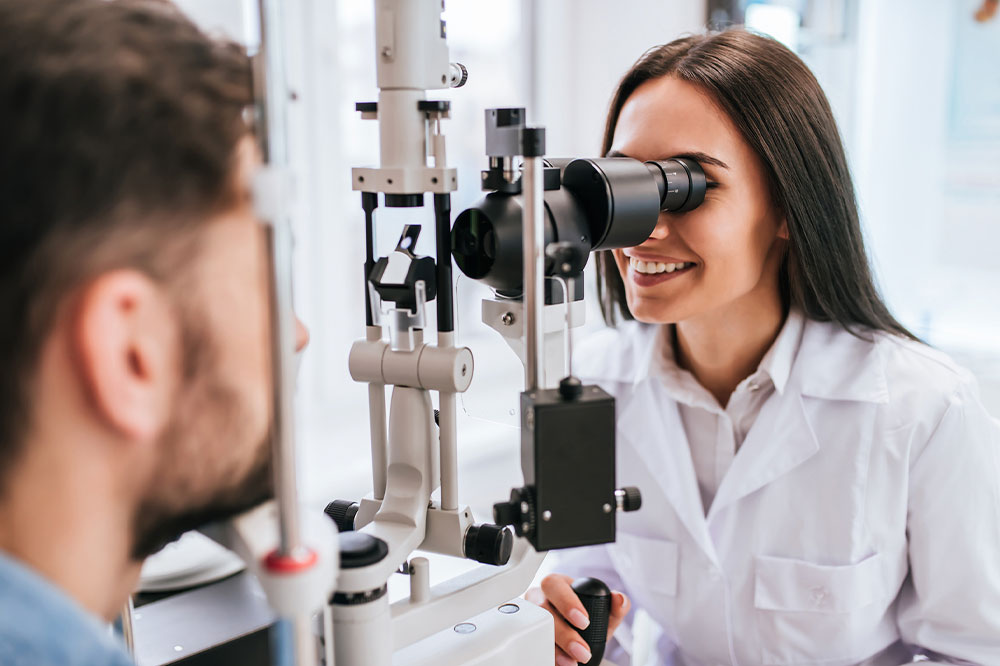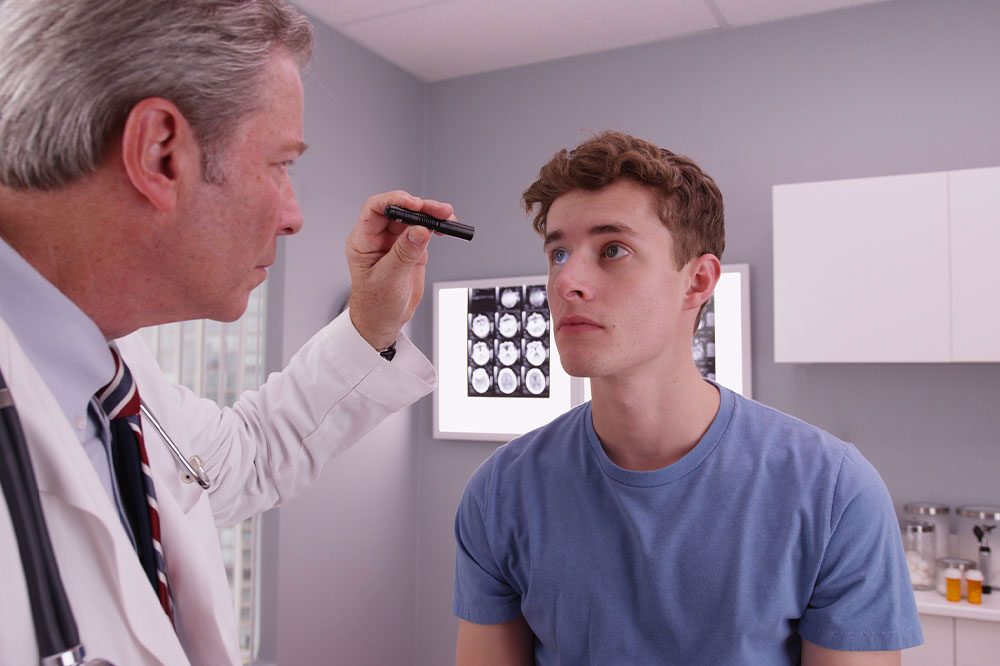Your Essential Guide to Eye Care Professionals and Treatments for Clear Vision
This detailed guide explores the roles of ophthalmologists, optometrists, opticians, and subspecialists in eye care. It explains their services, qualifications, and how they collaborate to diagnose, treat, and correct vision issues. Whether you need routine checkups, corrective lenses, or surgical interventions like LASIK, understanding these professionals helps you make informed choices for optimal eye health and clear vision. Learn how to select the right specialist for your specific needs and ensure comprehensive eye care tailored to your condition.

Expert Insights into Different Eye Care Specialists and Treatment Options
Are you experiencing vision problems or eye discomfort and unsure which healthcare professional to consult? The world of eye care is diverse, encompassing various specialists each trained to handle specific eye conditions and treatments. From comprehensive surgical interventions to routine vision correction, understanding the distinct roles and expertise of ophthalmologists, optometrists, opticians, and subspecialists is crucial for receiving the most appropriate care. Selecting the right professional ensures targeted treatments, improved eye health, and optimal visual clarity. Whether your needs involve corrective lenses, surgical correction, or managing complex eye diseases, knowing whom to turn to can significantly impact your visual wellbeing.
This comprehensive guide dives deep into the roles, qualifications, and services provided by different eye care professionals, helping you make informed decisions about your eye health journey. We will compare ophthalmologists, optometrists, opticians, and specialized subspecialists like corneal and cataract experts, offering clarity on what each profession offers and how they collaborate to protect and restore sight.
Ophthalmologists: The Surgical Eye Care Experts
Ophthalmologists are medical doctors trained specifically to diagnose, treat, and perform surgical procedures on the eye. After graduating from medical school, they undergo extensive postgraduate training that includes at least one year of internship followed by a minimum of three years of residency focused solely on eye health and surgical techniques. Many further enhance their expertise through fellowships in specialized fields such as Retina, Cornea, Glaucoma, or Pediatric Ophthalmology.
Services they provide encompass a broad range of advanced medical and surgical eye care solutions:
Comprehensive eye exams to evaluate overall eye health and vision quality
Treatment of complex eye conditions such as glaucoma, macular degeneration, and ocular infections
Surgical procedures like cataract removal, eyelid surgeries, and laser-based corrections (LASIK)
Management of ocular manifestations of systemic diseases including diabetes and hypertension
Reconstruction and repair surgeries following eye trauma or injury
Cosmetic procedures aimed at enhancing eyelid and facial aesthetics
In pediatric cases, specialized pediatric ophthalmologists focus on diagnosing and treating eye conditions such as strabismus (eye misalignment), amblyopia (lazy eye), and congenital cataracts. Early detection, often starting as early as age one, is critical to prevent lifelong visual impairment. These specialists are trained to handle neonatal eye conditions like retinopathy of prematurity and congenital abnormalities, ensuring that children’s visual development proceeds normally.
Optometrists: The Primary Vision Care Providers
Optometrists are eye care professionals who primarily focus on routine eye exams, vision correction, and management of common eye conditions. Certified through rigorous academic and clinical programs, they perform precise assessments of visual acuity, eye coordination, and overall ocular health. Their scope extends to prescribing corrective lenses, performing basic eye treatments, and monitoring certain eye diseases.
Common services offered by optometrists include:
Comprehensive eye examinations to assess visual acuity and detect eye health issues
Prescribing glasses and contact lenses to correct refractive errors such as nearsightedness, farsightedness, and astigmatism
Monitoring chronic eye conditions like glaucoma and dry eye syndrome
Managing early-stage diabetic retinopathy and other systemic disease-related eye changes
Providing low-vision rehabilitation and assistive devices for patients with significant vision loss
For persistent or complex issues beyond their scope, optometrists often work collaboratively with ophthalmologists for specialized surgical or medical interventions. They play a crucial role in preventive eye health, identifying potential problems before they develop into severe conditions.
Opticians: The Lens Fitting Specialists
Unlike ophthalmologists and optometrists, opticians do not diagnose or treat eye diseases. Their primary role is to assist patients in selecting, fitting, and maintaining corrective lenses, including eyeglasses and contact lenses. They work based on prescriptions provided by ophthalmologists or optometrists, ensuring that lenses meet individual needs and specifications.
The responsibilities of opticians include:
Filling prescriptions accurately and customizing lens fittings for optimal comfort and visual clarity
Helping clients choose suitable frames and lenses based on style, durability, and prescription requirements
Adjusting and repairing eyeglasses and contact lenses as needed
Providing advice on lens coatings, tints, and high-index materials for aesthetic and functional benefits
Accurate fitting and selection are vital to ensure clear vision, comfort, and durability of optical appliances. Opticians often work closely with optometrists and ophthalmologists to provide seamless vision care services.
Specialized Care: Cataract and Corneal Treatments
Within the broader category of ophthalmology, subspecialists such as cornea and cataract surgeons provide targeted care for specific ocular conditions. Corneal specialists manage diseases related to the cornea—the transparent front part of the eye—and perform procedures like corneal transplants or LASIK surgery. LASIK, a laser-based surgical procedure introduced in the 1980s, revolutionized refractive correction by enabling many patients to reduce or eliminate dependence on glasses or contact lenses.
To determine candidacy for LASIK, comprehensive evaluations are necessary, including measurements of corneal thickness, eye moisture levels, and overall eye health. Ideal candidates are adults over 18 years old, without autoimmune diseases, pregnancy, or other contraindications. Proper assessment ensures safety and optimal outcomes for laser vision correction.
Bringing together the expertise of various specialists, from diagnosis to surgical intervention, guarantees comprehensive eye care. When selecting your eye care provider, consider recommendations, qualifications, and patient reviews. A thorough understanding of each professional’s role empowers you to make well-informed decisions, leading to healthier eyes and sharper vision.





